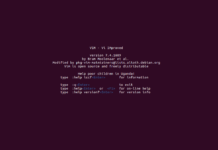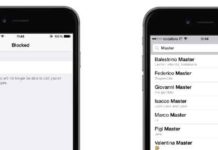Random string or random numbers are used most often by developers which can be used to create nonce , session keys , shorten the url , during authentication , encrypt the data etc etc. Lets see how can we generate random string in python using random.choice function
| #!/usr/bin/python import string import random2 def getCode(length): return ”.join(random2.choice(string.
# FUNCTION Call
print randgen(10) |
If you see the above piece of code , we are importing string and random2 module . In python 3 random has been updated to random2 .using which we will call choice function.
In the above example we are generating random string which is UETF compliant which includes a-z , A-Z , 0-9 , -, . , ~ and _ characters.
Lets go through each line
#!/usr/bin/python
import string
import random2
In first line we are defining path for python , you must be knowing it if you know the basics of python. In the other next 2 lines we are importing string and random2 module ( Use random instead of random if python version < 3). Random2 module is used to call choice function responsible for generating random string . Module string is used to define ascii characters we will use in choice function.
def randgen(length):
return ”.join(random2.choice(string.ascii_letters + string.digits + ‘-‘ + ‘.’ + ‘_’ + ‘~’ ) for x in range(length))
In the above piece of code we are defining a function randgen which we can later reuse in different line of code by calling it. we are returning random2.choice function output to it.
random2.choice function supports a single parameter which includes character which should be available in string separated by + symbol and returns only a single character. So we have defined a range for which it will interate through the given length.
To generate only random numbers we can use random2.choice function as below
random2.choice(string.digits)

















































